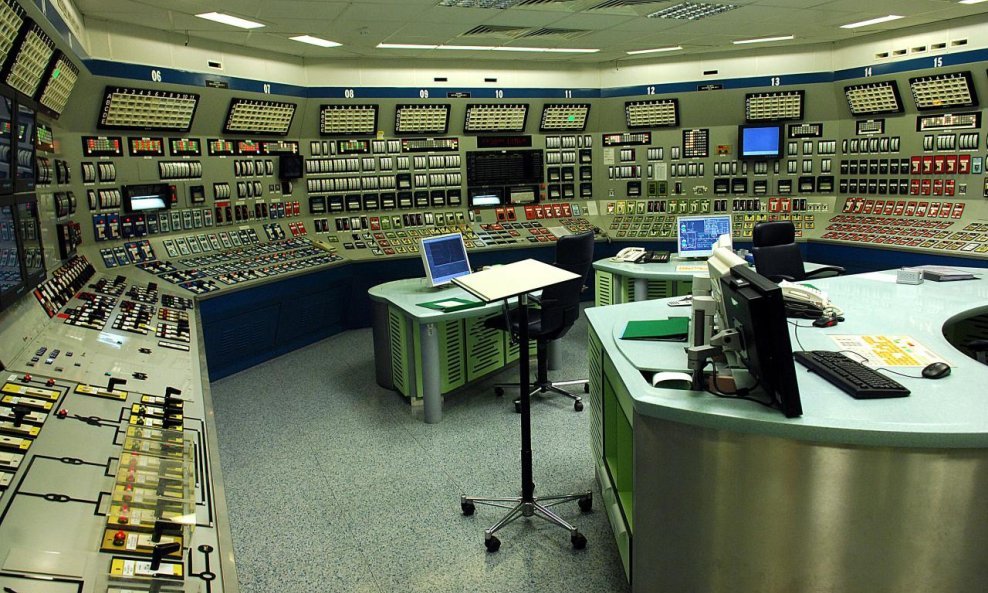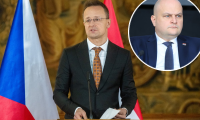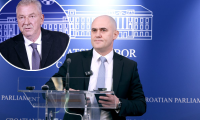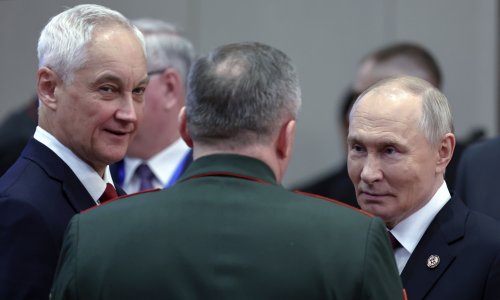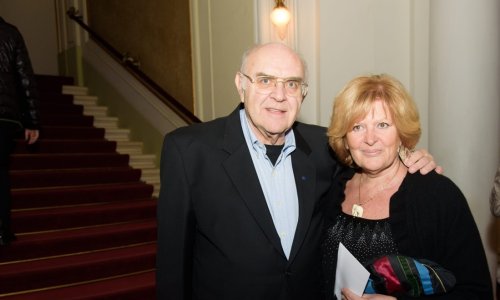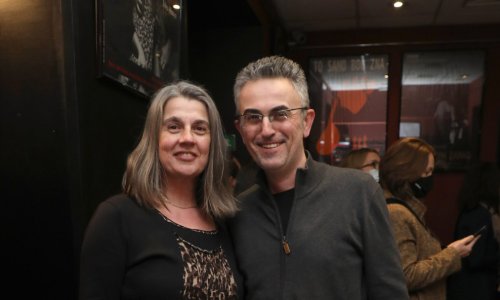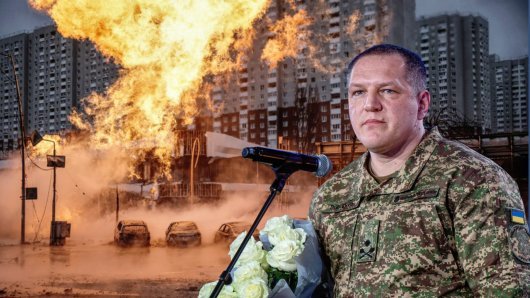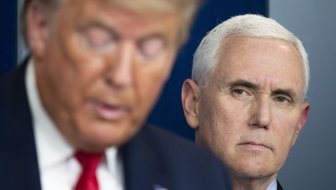Stopping Croatia's accession negotiations with the European Union because of the Krsko nuclear power plant, as suggested by some Austrian political parties, would set a big precedent, Slovenian Foreign Minister Samuel Zbogar said in Ljubljana on Friday.
He was asked by foreign correspondents to comment on some Austrian parties' position that the Austrian government should set the closure of Krsko as a condition for Croatia's EU accession. The plant, located in Slovenia, is jointly owned by Slovenia and Croatia. Austria made a similar demand before Slovenia joined the EU in 2004.
Zbogar said making Croatia's accession conditional on closing down Krsko would set a big precedent given that it was about to complete the negotiations and had already closed them on the chapters regulating energy and the environment.
The decision has to be made by the Austrian government, he said.
According to Zbogar, a discussion on atomic energy should be held in a calm atmosphere in several months' time, after public emotions in the wake of the recent nuclear reactor accidents in Japan settled down. He said Slovenia would adopt in such an atmosphere a "rational decision" as to whether to build a second reactor in Krsko, which is part of Slovenia's long term energy programme.
Zbogar said Slovenia-Croatia relations were constantly improving, adding that their presidents were meeting on a regular basis and that after Croatia completed the EU accession negotiations, he would officially visit Zagreb.
He said Slovenian Prime Minister Borut Pahor, Croatian PM Jadranka Kosor and Serbian President Boris Tadic would meet soon.
Asked if there was a stalemate in the settlement of Ljubljanska Banka's debts, Zbogar said Slovenia and Croatia had agreed to solve this issue with a new negotiating round at Basel's Bank for International Settlements, but that they were waiting for the other successors to the former Yugoslavia to agree to the negotiations as well, since this was a multilateral issue.



